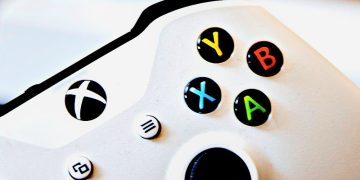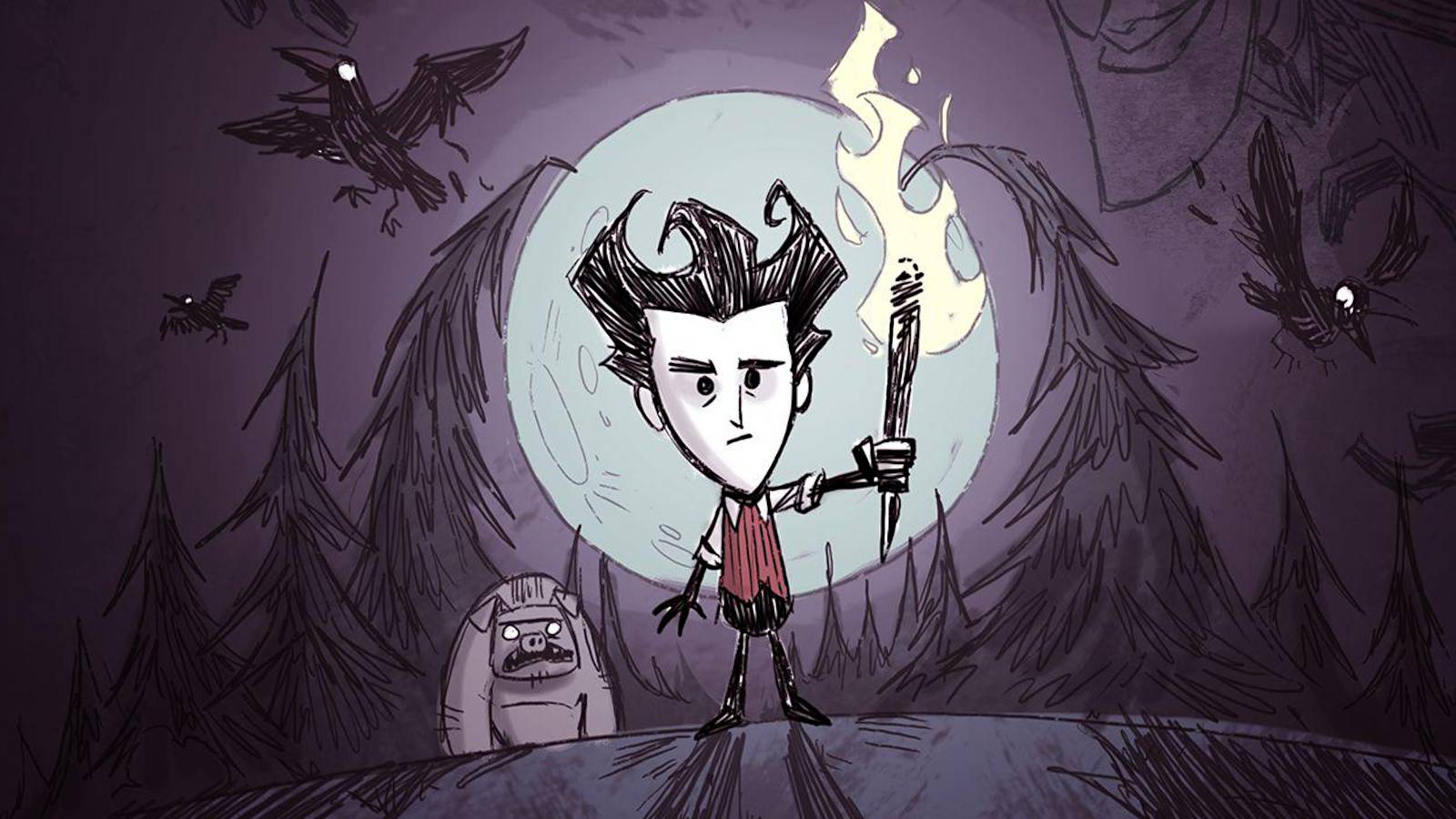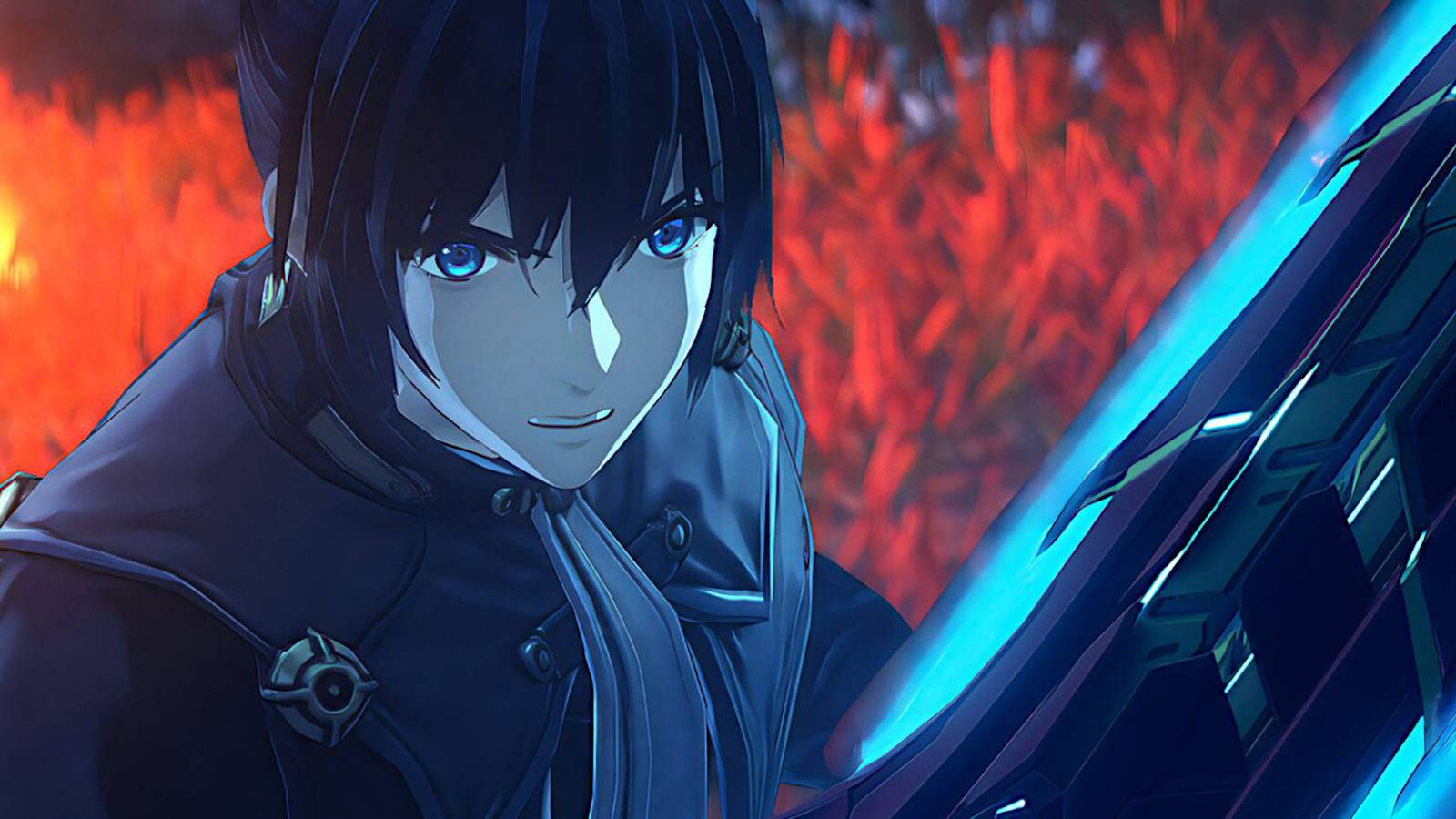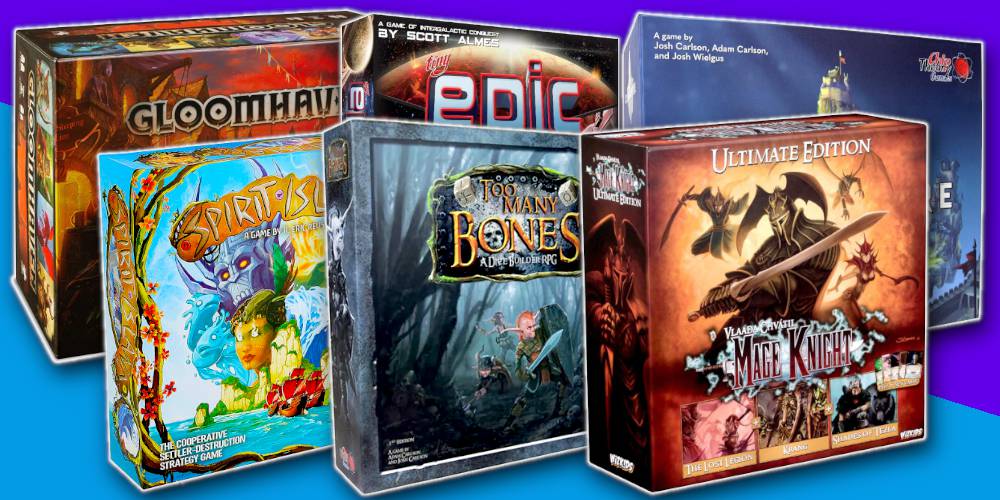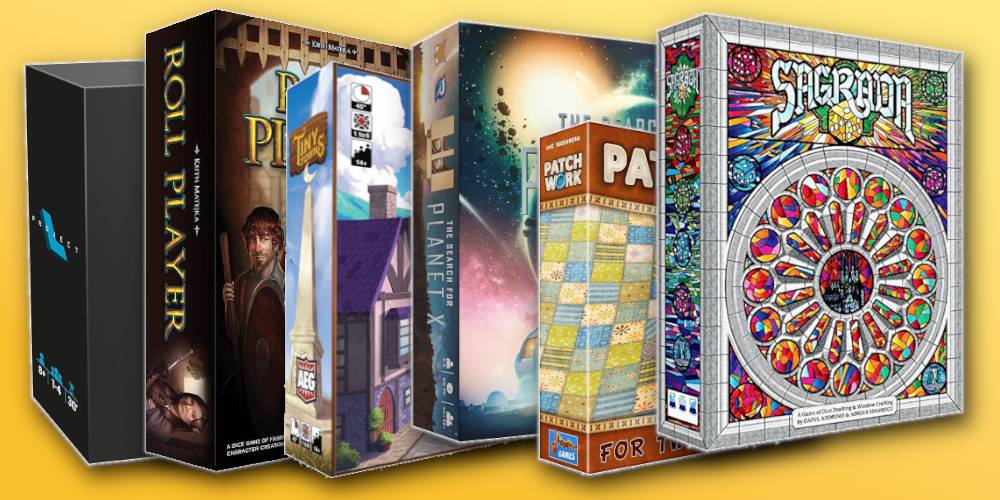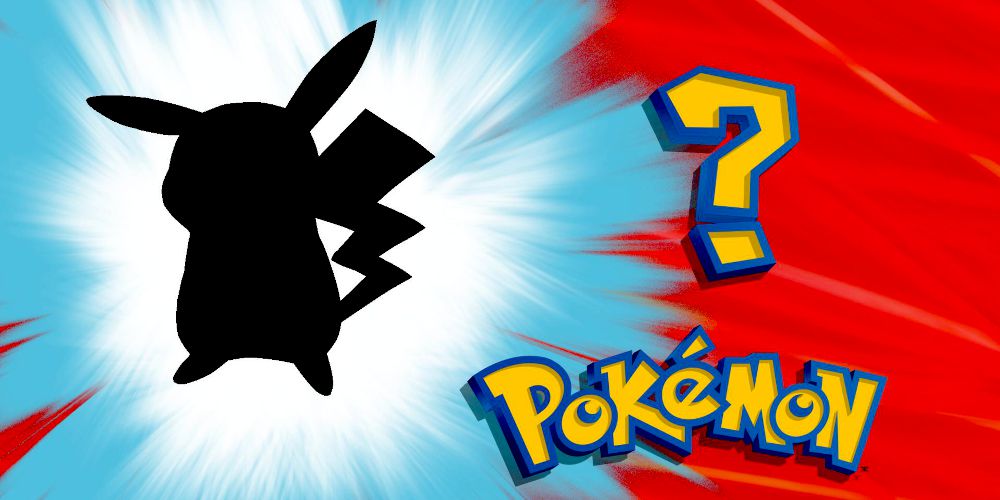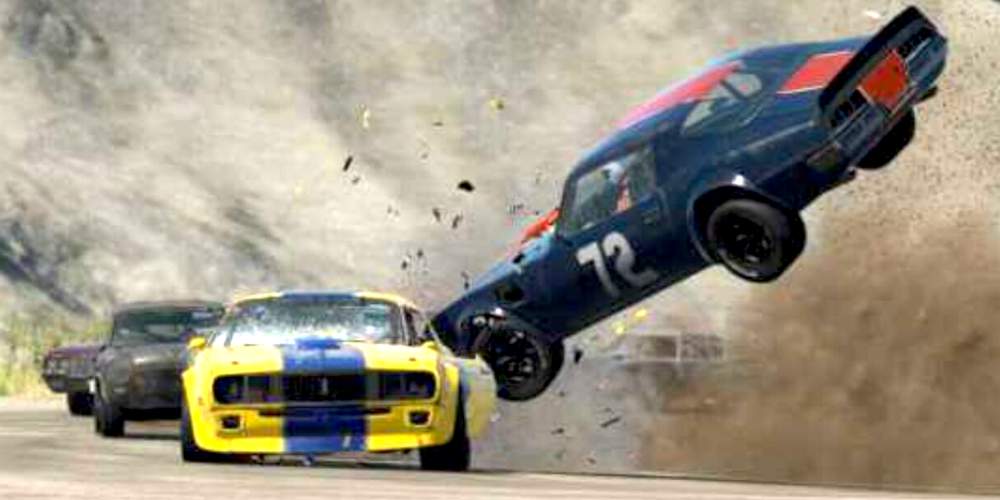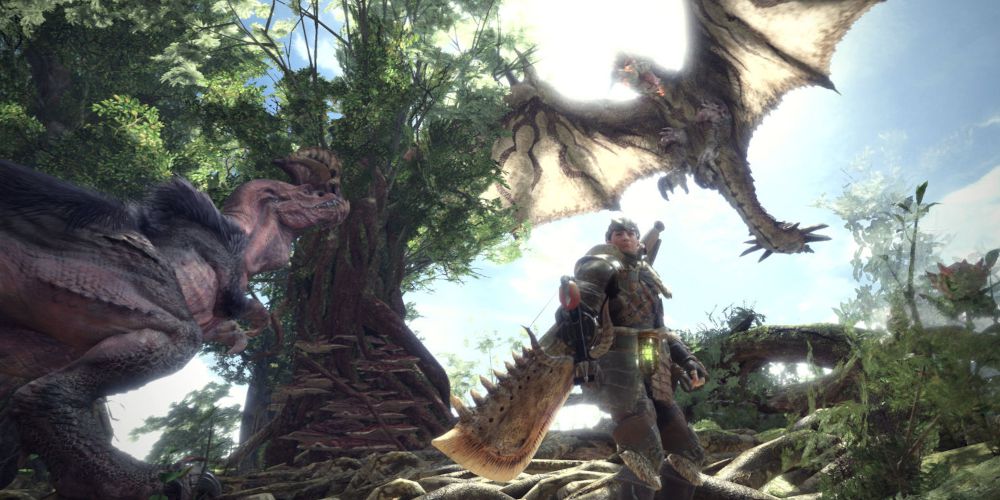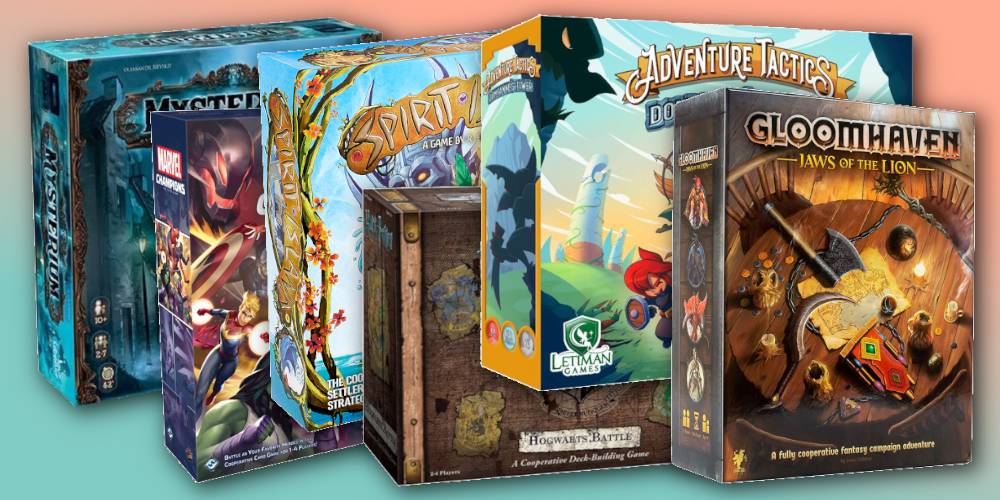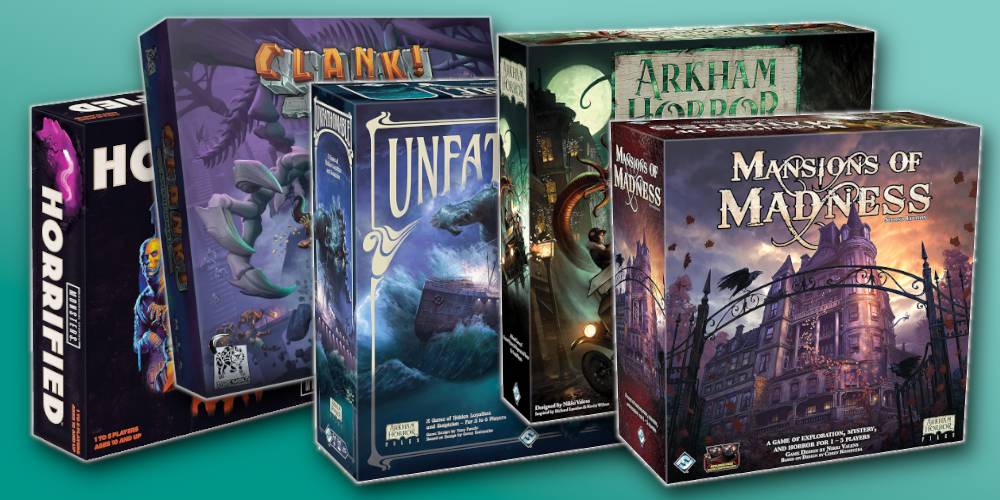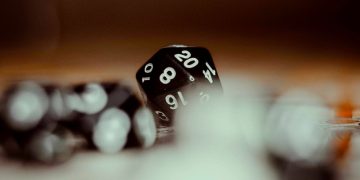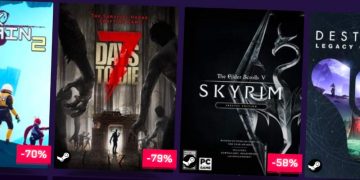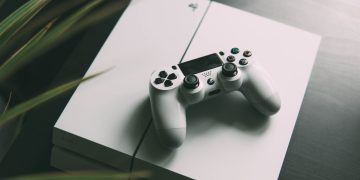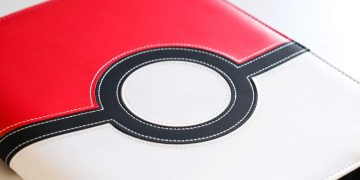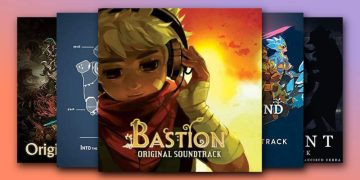You Might Be a Sore Loser If…
We all know at least one person like this—and that person might be you. Whether you’re playingCS:GO,Rocket League,Super Smash Bros. Ultimate, or any other competitive game, the more you start losing, the quieter you get.
As victory slips from your grasp, you clam up. Teammates ask you for information, or just want to chat, but you shrug them off.
This was me as a sore loser—and it’s the worst.
While most forms of sore losership happenafterthe game ends, this one starts well before. And not only does it bring down the mood for everyone, it often extinguishes any enthusiasm to keep playing when the game does end.
Related:Feeling Gaming Fatigue? What to Do When You’re Tired of Playing Games
Bringing down others to make yourself feel better is the chief reaction of sore losers around the world.
After especially embarrassing losses, I’ve heard nonsense like “You didn’t win, I lost” and “You aren’t good, I just played bad.”
Whatever it takes to not acknowledge that someone played better than you did, and that maybe you aren’t as good as you thought.
You sulk. Your speech becomes drenched in passive aggression. Or you become snappy when people talk to you.
You take the loss personally, and you use it as an excuse to be angry at the winner rather than angry at yourself for losing—or, better yet, take the loss like a champ and not be angry at anyone.
In a team-based game, you’reneverthe reason why you lost.
It’s always someone else’s fault, and you’re happy to offload that responsibility onto them as long as it makes you feel better.
Coincidentally, any time your team wins, it’s always becauseyouled the victory. Hmm…
You smash Alt+F4 before “Mission Failure” pops on screen. You flip tables and sweep boards so you don’t have your loss staring up at you. You log off Discord to stew in your anger alone.
Or in the case of a face-to-face hangout, you may storm out of the house. I don’t need to spend any more time on this, do I?
The Key Question: Why Are You Playing?
To stop being a sore loser, you have to identifywhyyou’re a sore loser. And you can do this by asking yourself, “What’s at stake when I play games?”
Losing is only a big deal when something is predicated on victory.Figuring out what that thing is might take a lot of introspection and self-reflection, but until you do, you’ll always be a sore loser.
For example, there’s a legendary cosmetic that requires a 10-game winning streak and youreallywant it. It’s understandable—though not necessarily acceptable—if you rage quit after losing that tenth game.
Another example: if you’re generally seen as “the bestSmashplayer” in your circle of friends, then you might subconsciously consider your reputation as aSmashplayer to be on the line any time you play with those friends.
And if “the worstSmashplayer” starts using a cheap tactic to overpower you, you might take that as a personal affront that damages your pride. It’s easy to get sulky in that kind of situation.
Those are surface-level stakes. Usually they point to something deeper, and often times the deeper issues are related to insecurities. When your personal identity is intertwined with victory, losing is painful, and pain precedes soreness.
Any time you’re playing to prove something—whether to yourself or to others—you’re risking emotional disaster. The only way to stop being a sore loser is to divorce your sense of self-worth from the results of whatever game you’re playing.
Easier said than done, but it’s the only genuine, long-term fix to being a sore loser.
Find what’s at stake and you’ll understand why you’re a sore loser; overcome your insecurity and develop confidence in yourself, and you won’t be a sore loser.
Of course, all of that might take years of growth and possibly therapy, so in the meantime, here are a few band-aid behavioral modifications you can try to mitigate your soreness when you lose.
Lessening the Sting of a Painful Loss
According to a2019 study from Texas A&M University, “the available evidence supports the facial feedback hypothesis' central claim that facial feedback influences emotional experience, although these effects tend to be small and heterogeneous.”
In short, while it’s no cure for depression and there are limits to its effect, forcing a smilecanmake you feel better.
I’ve personally found that smiling—yes, the physical actisimportant for this—and saying “GG” is helpful when processing a big loss. Plus, it’s simply good sportsmanship, as long as you’re saying it with good intent.
Related:Hilarious Subreddits That Will Brighten Your Day
Rather than playing the blame game and thinking about what your teammates didwrong, consider everything your teammates didright—and then voice it to them.
Not only will it make them feel better (remember, you’re all reeling from the same loss), but you’d be surprised how much betteryou’llfeel. The main thing is that it takes your focus off of yourself and your own mistakes, and that can mitigate the pain of losing.
If your sore losership manifests in anger or passion, expend that mental energy in physical activity. Drop and do 20 pushups. Or jump rope 100 times. Or box with a punching bag for 5 minutes.
I don’t usually recommend “blowing off steam” as a healthy way to cope with stress, but for the occasional big loss, it’s useful to have in your arsenal.
Related:Fun mobile apps to gamify your health and fitness
In every PvP game,somebodyhas to lose; there’s no way around it. The fact that you lost means somebody else didn’t, so in a sense, you yourself took on the pain of losing so that somebody else could enjoy a win.
Consider it a sacrificial act of service. A bit cheesy? Perhaps. But it can help! (Of course, it’s a lot easier to do when your opponent is a gracious winner.)
Read next:Why I distance myself from gaming communities
You Shut Down Emotionally
We all know at least one person like this—and that person might be you. Whether you’re playingCS:GO,Rocket League,Super Smash Bros. Ultimate, or any other competitive game, the more you start losing, the quieter you get.
As victory slips from your grasp, you clam up. Teammates ask you for information, or just want to chat, but you shrug them off.
This was me as a sore loser—and it’s the worst.
While most forms of sore losership happenafterthe game ends, this one starts well before. And not only does it bring down the mood for everyone, it often extinguishes any enthusiasm to keep playing when the game does end.
Related:Feeling Gaming Fatigue? What to Do When You’re Tired of Playing Games
You Discredit the Winner
Bringing down others to make yourself feel better is the chief reaction of sore losers around the world.
After especially embarrassing losses, I’ve heard nonsense like “You didn’t win, I lost” and “You aren’t good, I just played bad.”
Whatever it takes to not acknowledge that someone played better than you did, and that maybe you aren’t as good as you thought.
You Cling to a Sour Attitude
You sulk. Your speech becomes drenched in passive aggression. Or you become snappy when people talk to you.
You take the loss personally, and you use it as an excuse to be angry at the winner rather than angry at yourself for losing—or, better yet, take the loss like a champ and not be angry at anyone.
You Play the Blame Game
In a team-based game, you’reneverthe reason why you lost.
It’s always someone else’s fault, and you’re happy to offload that responsibility onto them as long as it makes you feel better.
Coincidentally, any time your team wins, it’s always becauseyouled the victory. Hmm…
You Rage Quit
You smash Alt+F4 before “Mission Failure” pops on screen. You flip tables and sweep boards so you don’t have your loss staring up at you. You log off Discord to stew in your anger alone.
Or in the case of a face-to-face hangout, you may storm out of the house. I don’t need to spend any more time on this, do I?
To stop being a sore loser, you have to identifywhyyou’re a sore loser. And you can do this by asking yourself, “What’s at stake when I play games?”
Losing is only a big deal when something is predicated on victory.Figuring out what that thing is might take a lot of introspection and self-reflection, but until you do, you’ll always be a sore loser.
For example, there’s a legendary cosmetic that requires a 10-game winning streak and youreallywant it. It’s understandable—though not necessarily acceptable—if you rage quit after losing that tenth game.
Another example: if you’re generally seen as “the bestSmashplayer” in your circle of friends, then you might subconsciously consider your reputation as aSmashplayer to be on the line any time you play with those friends.
And if “the worstSmashplayer” starts using a cheap tactic to overpower you, you might take that as a personal affront that damages your pride. It’s easy to get sulky in that kind of situation.
Those are surface-level stakes. Usually they point to something deeper, and often times the deeper issues are related to insecurities. When your personal identity is intertwined with victory, losing is painful, and pain precedes soreness.
Any time you’re playing to prove something—whether to yourself or to others—you’re risking emotional disaster. The only way to stop being a sore loser is to divorce your sense of self-worth from the results of whatever game you’re playing.
Easier said than done, but it’s the only genuine, long-term fix to being a sore loser.
Find what’s at stake and you’ll understand why you’re a sore loser; overcome your insecurity and develop confidence in yourself, and you won’t be a sore loser.
Of course, all of that might take years of growth and possibly therapy, so in the meantime, here are a few band-aid behavioral modifications you can try to mitigate your soreness when you lose.
Smile and Say “GG”
According to a2019 study from Texas A&M University, “the available evidence supports the facial feedback hypothesis' central claim that facial feedback influences emotional experience, although these effects tend to be small and heterogeneous.”
In short, while it’s no cure for depression and there are limits to its effect, forcing a smilecanmake you feel better.
I’ve personally found that smiling—yes, the physical actisimportant for this—and saying “GG” is helpful when processing a big loss. Plus, it’s simply good sportsmanship, as long as you’re saying it with good intent.
Related:Hilarious Subreddits That Will Brighten Your Day
Find Reasons to Praise Others
Rather than playing the blame game and thinking about what your teammates didwrong, consider everything your teammates didright—and then voice it to them.
Not only will it make them feel better (remember, you’re all reeling from the same loss), but you’d be surprised how much betteryou’llfeel. The main thing is that it takes your focus off of yourself and your own mistakes, and that can mitigate the pain of losing.
Convert Your Negative Energy
If your sore losership manifests in anger or passion, expend that mental energy in physical activity. Drop and do 20 pushups. Or jump rope 100 times. Or box with a punching bag for 5 minutes.
I don’t usually recommend “blowing off steam” as a healthy way to cope with stress, but for the occasional big loss, it’s useful to have in your arsenal.
Related:Fun mobile apps to gamify your health and fitness
Somebody Has to Lose
In every PvP game,somebodyhas to lose; there’s no way around it. The fact that you lost means somebody else didn’t, so in a sense, you yourself took on the pain of losing so that somebody else could enjoy a win.
Consider it a sacrificial act of service. A bit cheesy? Perhaps. But it can help! (Of course, it’s a lot easier to do when your opponent is a gracious winner.)
Read next:Why I distance myself from gaming communities



![]()


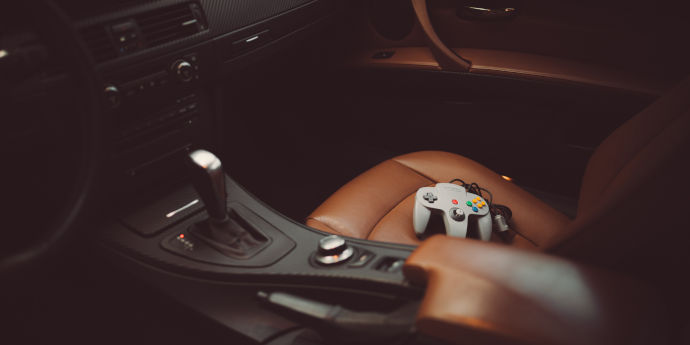
Going home after an embarrassing loss…


